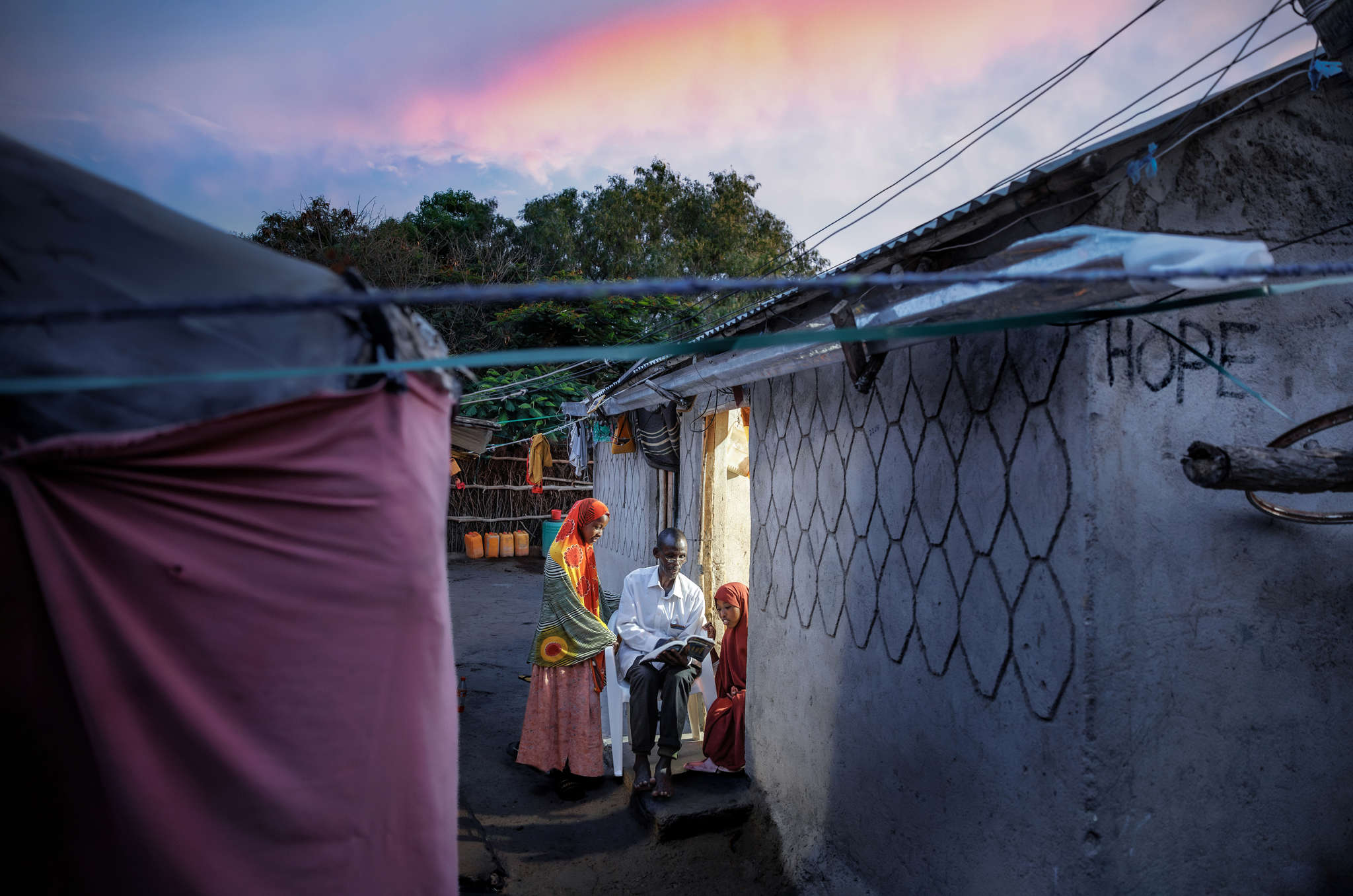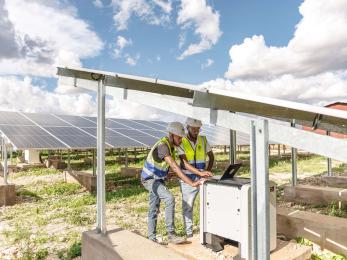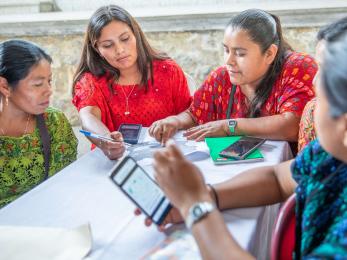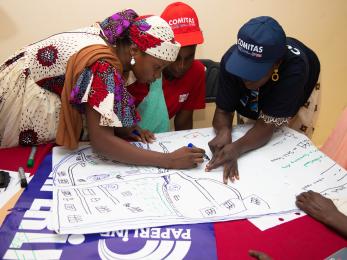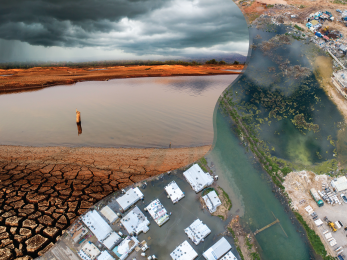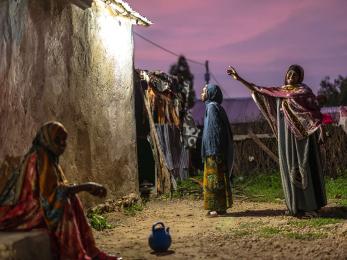Climate change
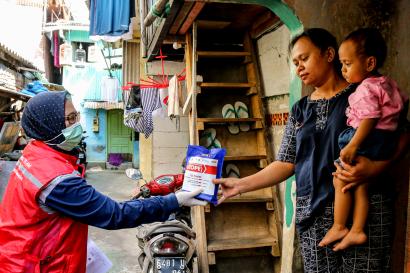
COVID-19 is disproportionately affecting vulnerable populations that are already on the frontlines of the climate crisis. The pandemic makes it infinitely harder for families to cope with extreme weather events, with communities already reporting challenges in meeting basic needs such as food and water.
In places like Jakarta, where regular flooding has become more severe and frequent due to the impacts of climate change, it’s important that local communities have access to clean water. Imagine living in crowded slums, where paths are extremely narrow and buildings are crammed tight against each other. Access to clean water for sanitation and hygiene is a challenge during floods here and people struggle to protect themselves from the spread of the pandemic.
In communities in western Nepal, over half of the flood evacuation sites don’t have handwashing facilities while 80% lack quarantine facilities. This environment is extremely challenging for those who have already been affected by the impact of natural disasters.
This is why, in Indonesia, Nepal and other countries around the world, we are providing local communities with access to clean water, information to protect themselves against COVID-19, hygiene kits and much more.
Helping communities in face of new climate shocks
The most vulnerable people in the world are also the most reliant on natural resources for their livelihoods. While shifts in weather patterns and reductions in crops and natural resources create especially difficult challenges for poor and vulnerable populations, they also make social and economic crises even worse.
Climate challenges, resource management and energy access all factor into these complex crises. When farmers suffer from drought, or entrepreneurs don’t have enough electricity to power their businesses, other issues arise.
But when these underlying causes are addressed, new opportunities for financial security, health and education begin to emerge and create real improvements in the stability and wellbeing of vulnerable people.
-
632k
-
55k
-
30k
-
4.5k
That’s why Mercy Corps is working to build interventions that can be applied across entire systems, addressing the root causes that exist beyond any single community. By creating equitable development in the face of new shocks and stresses, countries can pull themselves out of and avoid slipping into complex crises.
Knowing that challenges are unique to each country we work in, we develop context-appropriate strategies that harness new technology, partnerships and commercial models. This is the path forward in creating a stronger future for everyone.
For more technical details on our climate, environment & energy programmes, please download our approach document or browse our case study library.
